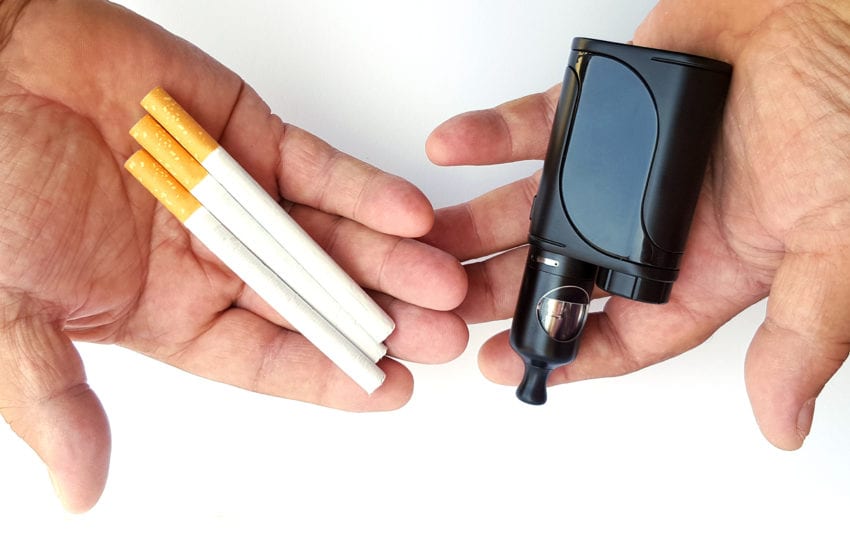
The Food and Drug Administration’s order to remove Juul products from the U.S. market threatens progress in tobacco harm reduction, according to Guy Bentley, director of consumer freedom at the Reason Foundation.

Writing on the foundation’s website, Bentley reminds his audience that e-cigarettes are not only less harmful than their combustible counterparts, but they are also more effective in helping smokers quit than FDA-approved therapies such as nicotine gum and patches
The FDA, he writes, acknowledged as much when it authorized Vuse e-cigarettes in 2021 and claims it recognizes the role these safer nicotine alternatives can play in reducing smoking.
If the Juul order is implemented, says Bentley, many Juul users will likely return to smoking, while a portion of smokers who would have transitioned to Juul will continue to light up.
Bentley says the FDA Juul denial makes a mockery of the claim that it’s evaluating science in the best interests of public health. A study published in the New England Journal of Medicine found e-cigarettes to be twice as effective as traditional nicotine replacement therapies.
According to Bentley, the decision also punctures a hole in the logic of the FDA’s recently announced policy to reduce nicotine levels in cigarettes to minimally or non-addictive levels. Without an acceptable legal alternative, smokers may simply smoke more cigarettes to get their nicotine fix.
“By banning the most popular e-cigarette among adults, the agency’s commitment to transitioning smokers to safer alternatives rings hollow,” writes Bentley.





